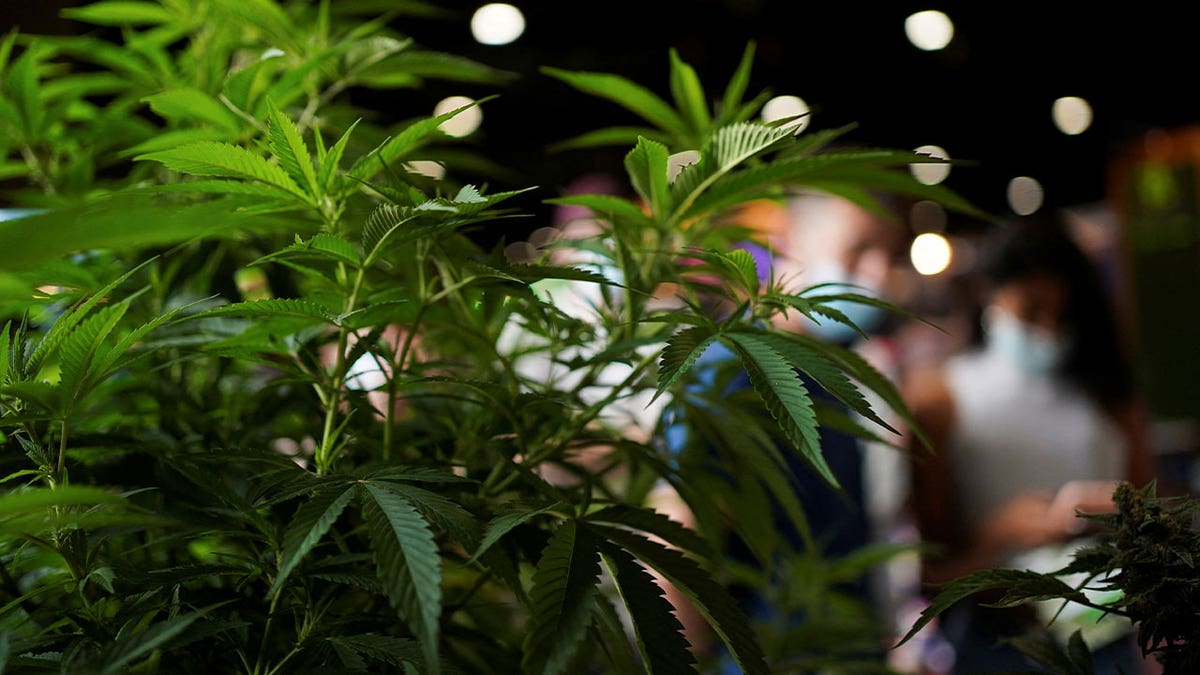Fox News Flash top headlines for October 3
Fox News Flash top headlines are here. Check out what's clicking on Foxnews.com.
- Dozens of primary schoolchildren in Jamaica ate marijuana-infused sour belts and were taken to the hospital for treatment.
- Each piece of the rainbow candy contained 100 milligrams of THC, an amount considered strong for cannabis-experienced adults.
- Jamaica is considering whether the country should change its packaging regulations to prevent children from consuming the products.
More than 60 Jamaican primary school kids were hospitalized after eating potent rainbow-colored cannabis candy, the Caribbean country's education minister said on social media platform X, causing them to vomit and hallucinate.
"I feel confident that together we will strengthen our safety and security regime to combat the unconscionable sale of marijuana infused products to children," Fayval Williams said on Tuesday, noting the "most unfortunate" circumstances under which she met parents and stakeholders of Ocho Rios Primary School.
Late on Monday, Williams had shared an image she said had been reported to her ministry showing a colorful packet of "full throttle rainbow sour belts," each containing 100 milligrams of THC - considered a strong dose for experienced adults.
BORDER PATROL SEIZED ENOUGH FENTANYL TO KILL ENTIRE US POPULATION THIS FISCAL YEAR

A general view of the cannabis plants displayed at the annual Expo Cannabis in Uruguay on Dec. 4, 2021. (REUTERS/Mariana Greif/File Photo)
CLICK HERE TO GET THE FOX NEWS APP
"One little boy said he only had one sweetie," Williams said, adding several of the school children had been given intravenous drips to speed up recovery. "That's how potent this product is."
Jamaica decriminalized possession of up to 2 ounces of marijuana for religious, medicinal and scientific purposes in 2015, and set up a licensing agency for the country's legal medical cannabis industry.
Radio Jamaica reported that the Ganja Growers and Producers Association of Jamaica was suggesting a public education program for responsible consumption by adults and to prevent consumption by children, as well as pushing for more packaging regulations.
